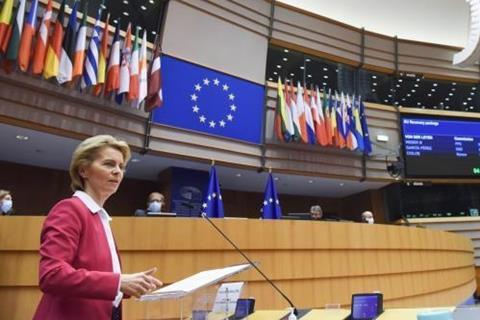
EUROPE: ‘A boost for rail travel and clean mobility in our cities and regions’ is included in the proposals for a major post-coronavirus recovery plan for the European Union set out by European Commission President Ursula von der Leyen on May 27.
This includes changes to the €1·1tr Multiannual Financial Framework budget for 2021-27, and plans for a Next Generation EU recovery plan which would provide an additional €750bn on top of the MFF.
The Commission’s proposals will now be subject to negotiations between the EU member states and the European Parliament.
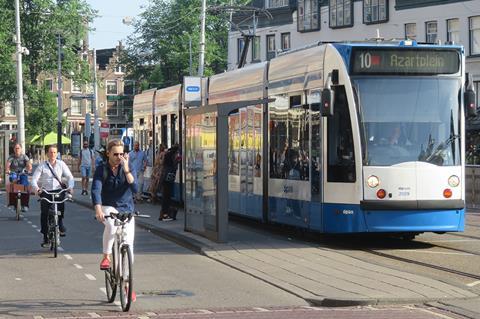
The Commission expects the economic impact of the coronavirus crisis to vary between sectors, with transport to be hit particularly hard. The recovery strategy encompasses the European Green Deal, with a commitment from industry to invest in cleaner and more sustainable mobility expected in return for support for recovery in the transport sector.
Plans to help create jobs will include a focus on accelerating the production and deployment of sustainable vehicles and alternative fuels, while the Connecting Europe Facility would be increased by €1·5bn to €14·521bn to help support the financing of sustainable infrastructure and a shift to clean urban travel.
Rail industry response
The Community of European Railway & Infrastructure Companies welcomed the announcement, but called for ‘greater detail and ambition’ to promote an overall shift to sustainable transport.
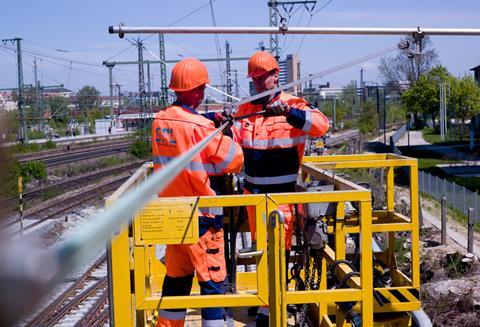
‘CER believes that the recovery instrument proposed by the Commission should enable movement towards green mobility, and ensure that the improvements in air quality for cities are maintained’, said Executive Director Libor Lochman. ‘CER therefore calls upon the European Council in its discussions on the Multiannual Financial Framework and recovery fund to reinforce public transport such as rail to match citizens’ ambition for a more sustainable society.’
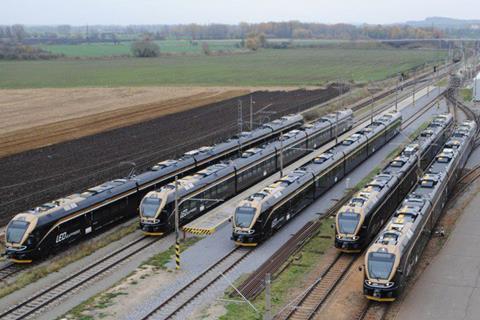
The AllRail association of non-incumbent operators also broadly welcomed the announcement, but noted that there was a risk that public support could distort competition and jeopardise benefits gained from market opening, financial transparency and non-discrimination.
‘There is the risk that such a package could provide unfair advantages to state-owned companies, as we are witnessing already with DB in Germany’, the association explained. ‘Any recovery package for passenger rail must be fair; plans should consider all passenger rail companies, including those that are privately owned and therefore particularly vulnerable in this crisis. It should not permanently alter the structure of markets, possibly encouraging a return of monopolistic concentrations.’
AllRail warned that the potential bankruptcy of private passenger operators would put the goals of the Fourth Railway Package’s market pillar ‘out of reach forever’.
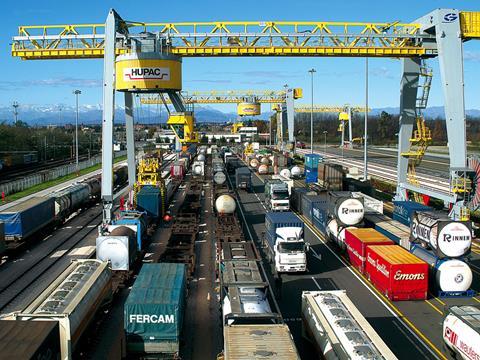
The European Rail Freight Association said it supported the allocation of an extra €1·5bn to the Connecting Europe Facility, as this is ‘crucial’ for completing transport infrastructure in general and rail freight corridors in particular. ERFA said digitalisation and technology such as automated couplings and ETCS which assist the entire sector should also be a high priority for funding.
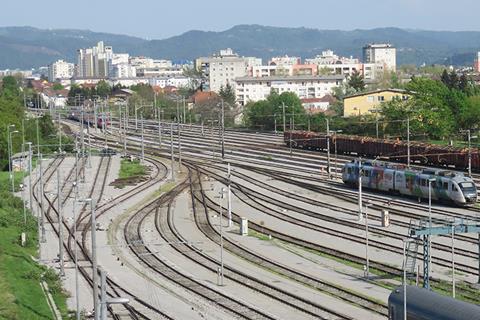
Rail freight association Ferrmed called for the recovery plan to be managed directly by the Commission and implemented strictly according to socio-economic and environmental criteria, in order to obtain the best ‘investment to results ratio’ which ‘has largely not been met by the actions taken by member states to date’.
Ferrmed said it was necessary to end ‘once and for all’ investments of ‘a political or extravagant nature’, and instead act ‘where there really is traffic and not where the socioeconomic and, particularly, environmental impact is negligible’.
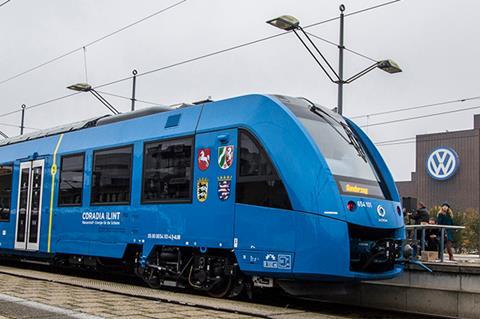
Suppliers’ association UNIFE welcomed the inclusion of ‘green and digital transitions’ as a guiding principle. It would continue to advocate for rail to have a key role in the Green Deal, and would monitor the inclusion of rail in EU member states’ national recovery and resilience planning.
UNIFE also said that from the European manufacturers’ point of view, it is important that the European Commission also made a reference to reinforced screening of foreign direct investment.

















